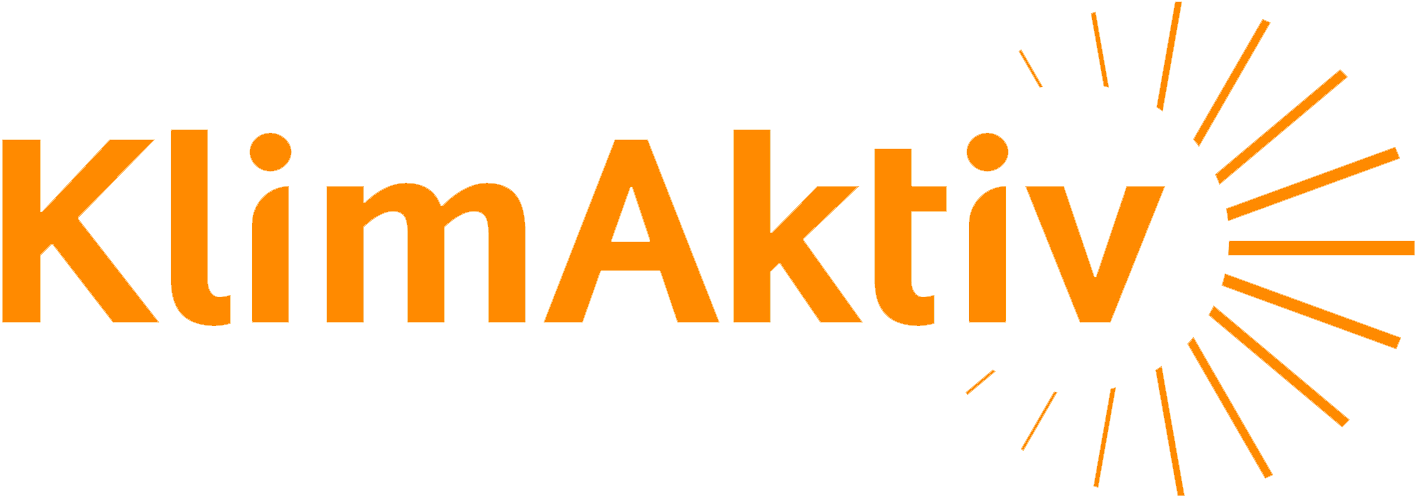Putting the spotlight on a sustainable tomorrow. Putting the spotlight on a sustainable tomorrow. Putting the spotlight on a sustainable tomorrow.
The EcoMuvi Method.
EcoMuvi has mapped out each step and phase required for the proper and agile implementation of its standard. Our organized approach is designed to integrate seamlessly with all workflows of of audiovisual productions, ensuring an easy adoption of the Protocol.
Involving all project stakeholders is essential for successfully applying the EcoMuvi standard. For this reason, every phase of the method places a strong emphasis on internal communication, cooperation and awareness among production departments, and dialogue between the production and the EcoMuvi Manager.
or animation
disassembly
and reporting
The application of the EcoMuvi standard begins with a thorough assessment of the project’s specific needs, analyzing potential sustainability risks and opportunities based on the script and shooting schedule. During this phase, social, economic, and environmental factors are carefully considered to tailor the standard’s application. The assigned EcoMuvi Manager collaborates closely with the production team from the outset, integrating seamlessly into the department to coordinate the next practical steps toward sustainability.
The sustainability policy is established, outlining the environmental, social, and economic objectives to be achieved. Priorities are set, and specific actions for production and operational departments are mapped out, ensuring that sustainability strategies are planned and actionable. These strategies are seamlessly integrated with the project’s budget, supplier agreements, and existing contracts. Additionally, clear lines of communication are organized between the crew and cast.
or animation
With continuous training and collaboration across all professionals and crew, the planned sustainability activities are put into action. The EcoMuvi Manager closely monitors the implementation of the strategies, making adjustments as needed to ensure alignment with sustainability goals. Regular on-site visits to both the set and administrative offices ensure ongoing oversight. During this phase, the Certification Body begins its assessments, conducting the first official inspections to verify compliance with the sustainability standards.
disassembly
At the conclusion of production, all materials are carefully recovered for disassembly or repurposing through donation, recycling, or reuse. EcoMuvi collaborates with both project suppliers and forward-thinking innovators in sustainable manufacturing to maximise circularity and reduce costs during the restoration process.
and reporting
With production complete, EcoMuvi enters its second crucial phase: data collection and analysis. This process involves gathering detailed information to generate comprehensive environmental, social, and economic reports that showcase the sustainability performance of the project.
Simultaneously, a tailored sustainability policy is introduced for the post-production phase, with its outcomes also thoroughly documented.
At the end of this process, the Certifying Body conducts a final inspection to verify the results. Once the data is processed, the official EcoMuvi Certificate and logo are awarded, signifying the project’s certified achievements in sustainability.
The application of the EcoMuvi standard begins with a thorough assessment of the project’s specific needs, analyzing potential sustainability risks and opportunities based on the script and shooting schedule. During this phase, social, economic, and environmental factors are carefully considered to tailor the standard’s application. The assigned EcoMuvi Manager collaborates closely with the production team from the outset, integrating seamlessly into the department to coordinate the next practical steps toward sustainability.
The sustainability policy is established, outlining the environmental, social, and economic objectives to be achieved. Priorities are set, and specific actions for production and operational departments are mapped out, ensuring that sustainability strategies are planned and actionable. These strategies are seamlessly integrated with the project’s budget, supplier agreements, and existing contracts. Additionally, clear lines of communication are organized between the crew and cast.
or animation
With continuous training and collaboration across all professionals and crew, the planned sustainability activities are put into action. The EcoMuvi Manager closely monitors the implementation of the strategies, making adjustments as needed to ensure alignment with sustainability goals. Regular on-site visits to both the set and administrative offices ensure ongoing oversight. During this phase, the Certification Body begins its assessments, conducting the first official inspections to verify compliance with the sustainability standards.
disassembly
At the conclusion of production, all materials are carefully recovered for disassembly or repurposing through donation, recycling, or reuse. EcoMuvi collaborates with both project suppliers and forward-thinking innovators in sustainable manufacturing to maximise circularity and reduce costs during the restoration process.
and reporting
With production complete, EcoMuvi enters its second crucial phase: data collection and analysis. This process involves gathering detailed information to generate comprehensive environmental, social, and economic reports that showcase the sustainability performance of the project.
Simultaneously, a tailored sustainability policy is introduced for the post-production phase, with its outcomes also thoroughly documented.
At the end of this process, the Certifying Body conducts a final inspection to verify the results. Once the data is processed, the official EcoMuvi Certificate and logo are awarded, signifying the project’s certified achievements in sustainability.
The Workflow
of EcoMuvi
- Request for information regarding the EcoMuvi protocol
- Signing up for a free EcoMuvi license
- Request for a quote from the Certifying Body
- Selection of the EMM (EcoMuvi Manager) for the project
- First contact between the EMM and the production team
- Sustainability Policy
- Scheduling and planning
- Defining priorities and tasks for production and departments
- Sustainability budget allocation for all departments
- Internal Communications (Crew and Cast)
- Sponsors and suppliers of certified materials (e.g., sustainable lumber, cosmetics etc.)
- Supplier agreements for services (energy, waste, locations, etc.)
- Start of scheduled activities
- Continuous montitoring and adjustment of activities
- Communication with suppliers and collaborators
- EMM onsite support at shooting locations and in administrative functions
- Certifying Body access to the set (Stage 01)
- Asset management with artistic departments
- Disassembly and conversion into:
- Donation, reuse and recycling
- Material repurposing
- Separation and Disposal
- Energy and waste system removal at filming location
- Preliminary discussion with the post-production supervisor to understand the project’s post-production scope
- Request and data analysis of documents
- Evaluation of participating post-production labs and communicatiom to oversee data tracking
- Monitoring energy consumption of labs and individual professionals through requests for specific documentation
- Monitoring of proper waste management by labs and individual professionals through requests for specific documentation
- Collection of documents and supporting records with on-set and/or headquarters administration as required by the July 2023 issue of the EcoMuvi standard
- Collecting of documents and expense entries from the project’s cost ledger
- Collection of key production documentation
- Contacting of key suppliers for documents and additional specification requirements
- Data processing and reporting
- Evaluation and handling of received primary data
- Supplementing absent data with relevant secondary data based on the project’s evaluation
- Collaboration with the Certification Body (OdC) for project certification during Stage 02
While in
production,
on set
The Protocol in action
while shooting.
The planned activities in the pre-production phase come to fruition on set, where each activity is monitored, and the first inspection is conducted for the final performance score assignment of the project.
During
Post-Production
The Protocol
at the final stage.
EcoMuvi also incorporates sustainable development in the post-production phase. During this stage, all activities are managed, and a second inspection is conducted for the issuance of the sustainability certificate.
The EcoMuvi standard integrates seamlessly with leading calculators.
The EcoMuvi certification is equiparable to the highest standards of non-financial reporting, upheld by the credibility and authority of auditing and certification that only an indipendent and accredited third-party in sustainable development can provide. Adopting the EcoMuvi standard does not involve self-declarations, but it can integrate the use of calculation platforms and gap analysis when useful or necessary for the production.










FAQ.
Answering some of your questions.
Want to know more about the EcoMuvi standard? Read the frequently asked questions, and if you can’t find the answer, contact our staff.
EcoMuvi is the Accredia-accredited standard for the sustainable development of audiovisual productions. It is a unique and unified standard, recognized across Europe, applicable to all types of audiovisual productions. Its complex yet modular structure ensures maximum adaptability to any audiovisual project while maintaining its universal applicability.
With ACCREDIA accreditation, the EcoMuvi standard and its resulting certificate are validated and recognized throughout Europe. The certification is valid for obtaining optional and/or required sustainability scores from public and private funding bodies at regional, national, and European levels. This includes, for Italy, the Ministry of Culture (MIC), all regional film commissions, as well as private groups, streamers, and broadcasters.
The adoption of the EcoMuvi standard is free of charge and is facilitated through a licensing agreement between EcoMuvi and the production house. Following this, accredited Conformity Certification Bodies, independent from EcoMuvi and accredited by ACCREDIA for the EcoMuvi standard, can provide a quote for their certification services. If requested by the production, EcoMuvi can also supply qualified personnel, such as an EcoMuvi Manager, to implement the sustainability policy during production. In such cases, the cost is tailored to the project’s specific needs to ensure economic sustainability alongside environmental goals.
Sustainability has no borders.
The EcoMuvi standard is international and applicable to audiovisual productions globally.
EcoMuvi works in Europe and internationally.
While EcoMuvi primarily operates in Italy, our approach is tailored for seamless adoption by projects of any scale or complexity, wherever they are filmed. Whether for Italian productions shot overseas or international co-productions, EcoMuvi’s sustainable development system transcends borders to support global sustainability goals.
The EcoMuvi standard has been successfully implemented in the following countries:
- France
- Greece
- Switzerland
- Spain
- Iraq
- India
Would you like to request a quote for your audiovisual project?
For a sustainable audiovisual sector. For a sustainable audiovisual sector. For a sustainable audiovisual sector.
Request the Protocol